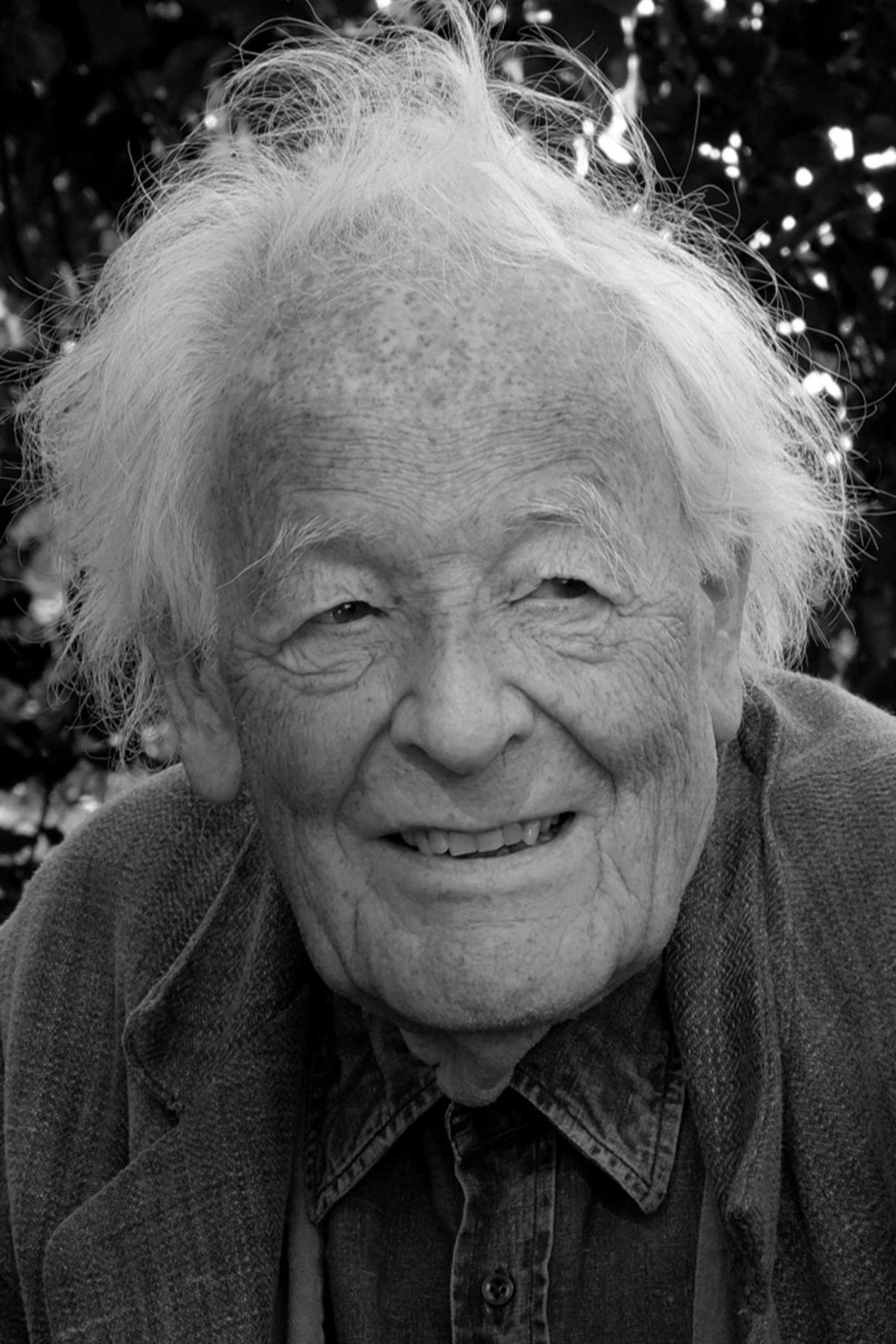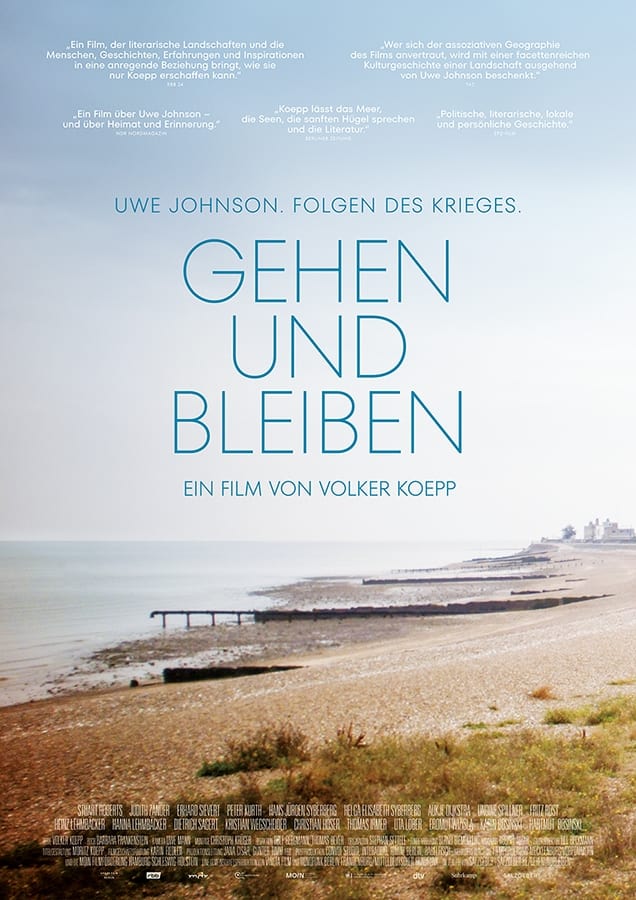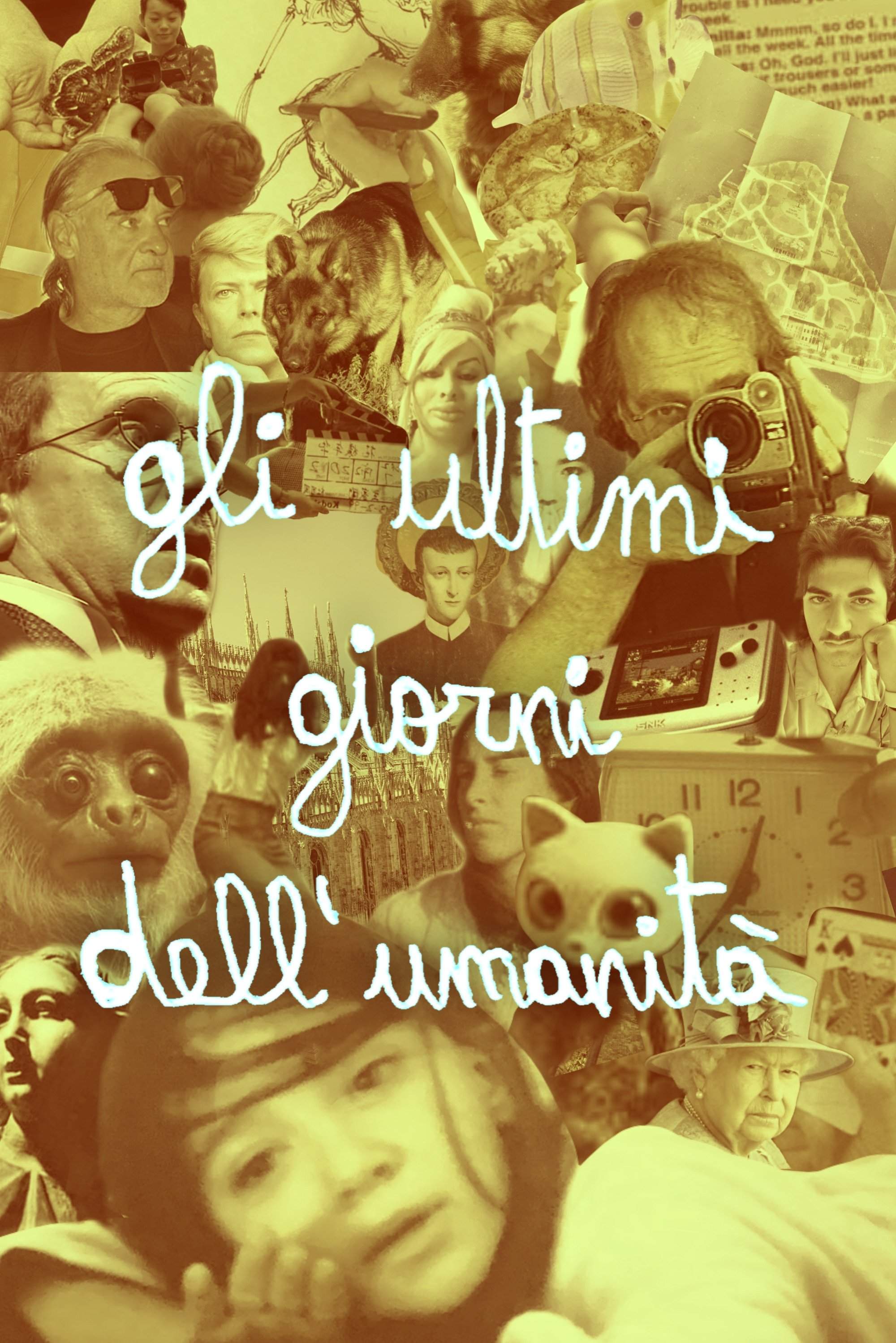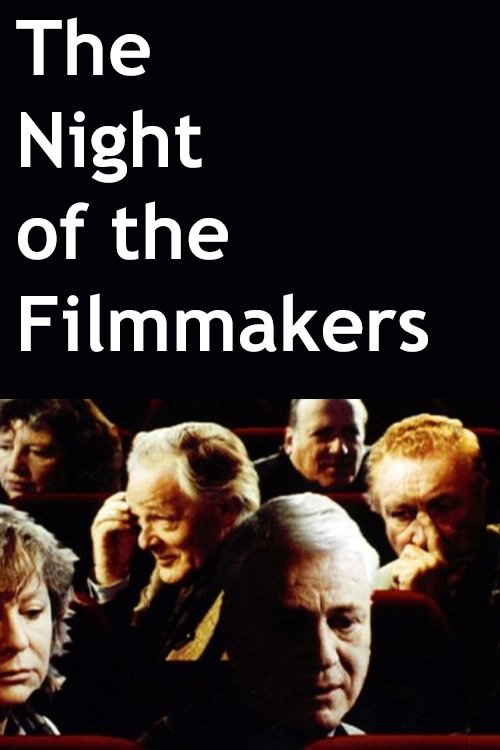

Meetings with readers, acquaintances and contemporaries of writer Uwe Johnson at the places where he lived. Volker Koepp, who is also from Pomerania, looks for Johnson’s sophisticated literary voice in the landscapes of the region they both stem from.

The panorama of human affairs encounters the “man with a movie camera”. His playground has no boundaries, his curiosity no limits. Characters, situations and places pitch camp in the life of a humanity that is at once the viewer and the thing viewed. But what are the last days of this humanity? Have they already passed? Are they now or still to come?
"Life is a latency that as time and space becomes visible as a figure. But never eat at all, there are other possible lives. Making a life is difficult, filming the impossible itself . with this imago-auto-bio-graphy is an attempt to talk about this ambiguity, where what could be is the possibility of a memory, where what was and what was not, can be remembered in the same way, . always I lived with mixing the imagined thing is chosen in this chancy; go left on the road the other films that might have emerged" -Narcisa Hirsch

A meditation on the first 100 years of German cinema, featuring an assembly of German filmmakers.
Hans-Jürgen Syberberg is a German film director and intellectual. For Syberberg, cinema is a form of Gesamtkunstwerk. Many commentators, including Syberberg himself, have characterized his work as a cinematic combination of Bertolt Brecht's doctrine of epic theatre and Richard Wagner's operatic aesthetics. Syberberg's work has attracted criticism at least since the publication of the film script of Hitler: A Film from Germany, particularly from the Left, who were amongst many targets of his criticism in that book.
By browsing this website, you accept our cookies policy.